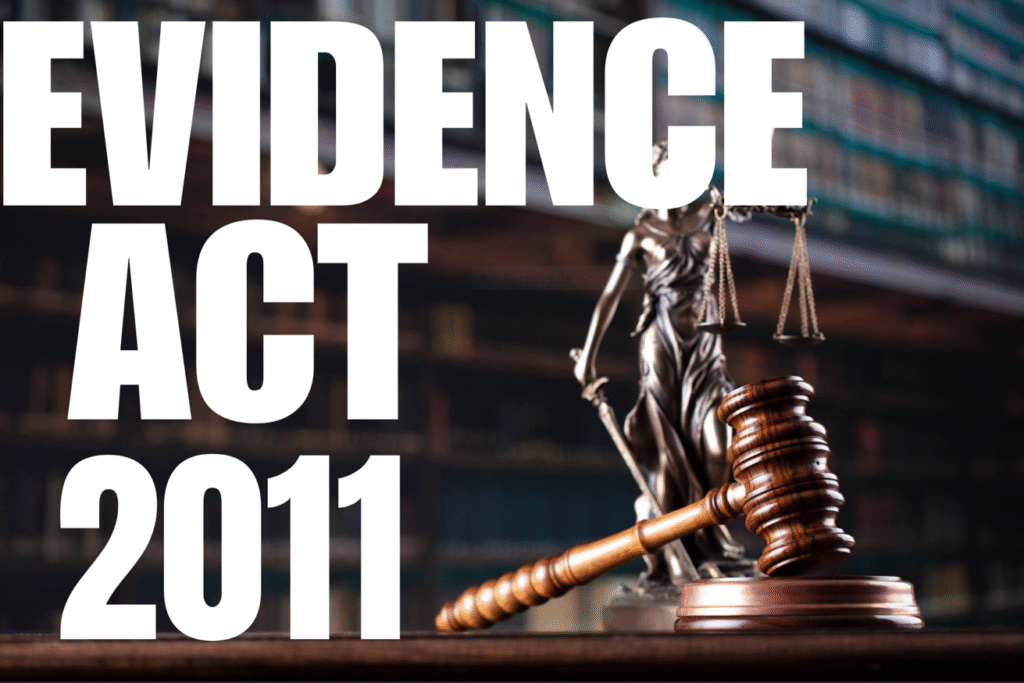Section 126 of the Evidence Act 2011 – What it Says and All You Need to Know.
Table of Contents
Section 126 of the Evidence Act 2011 Provides as Follows:
Subject to the provisions of Part III, oral evidence shall, in all cases whatever, be direct if it refers to –
(a) a fact which could be seen, it must be the evidence of a witness who says he saw that fact;
(b) to a fact which could be heard, it must be the evidence of a witness who says he heard that fact;
(c) to a fact which could be perceived by any other sense or in any other manner, it must be the evidence of a witness who says he perceived that fact by that sense or in that manner;
(d) if it refers to an opinion or to the grounds on which that opinion is held, it must be the evidence of the person who holds that opinion on those grounds;
Provided that the opinions of experts expressed in any treatise commonly offered for sale, and the grounds on which such opinions are held, may be proved by the production of such treatise if the author is dead or cannot be found, or has become incapable of giving evidence, or cannot be called as a witness without an amount of delay or expense which the court regards as unreasonable.
Other Relevant Sections:
- Section 127 of the Evidence Act 2011
- Section 128 of the Evidence Act 2011
- Section 129 of the Evidence Act 2011
